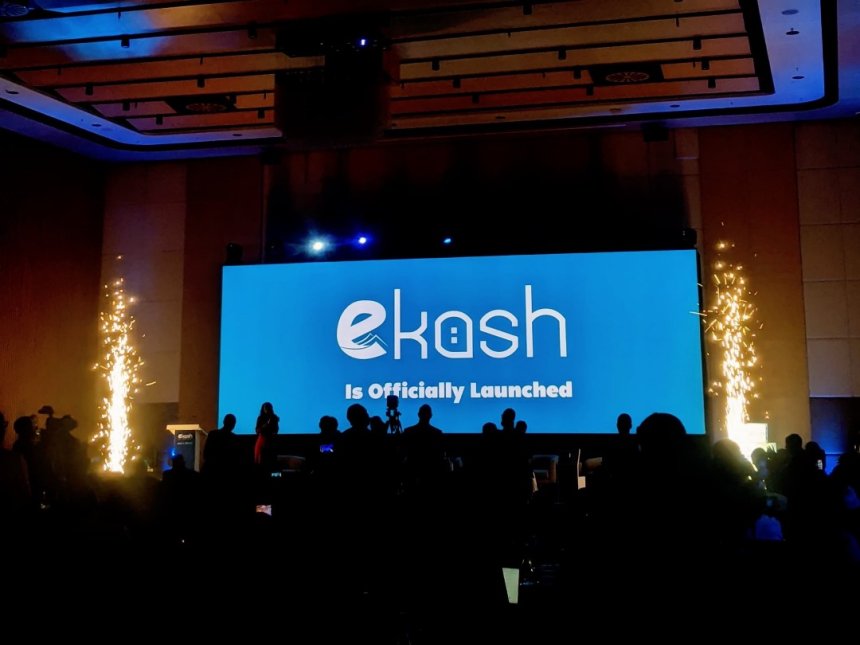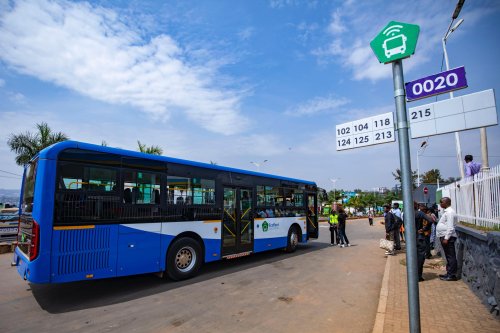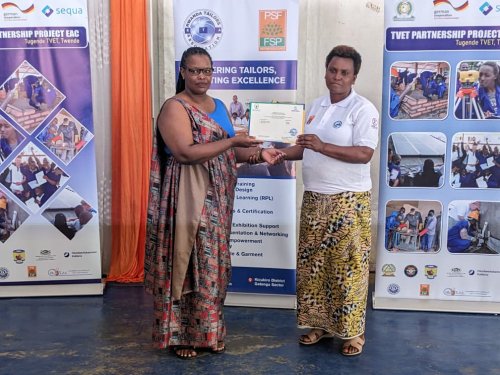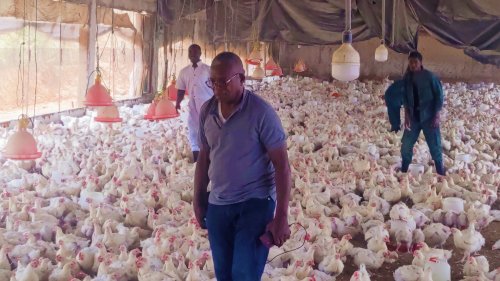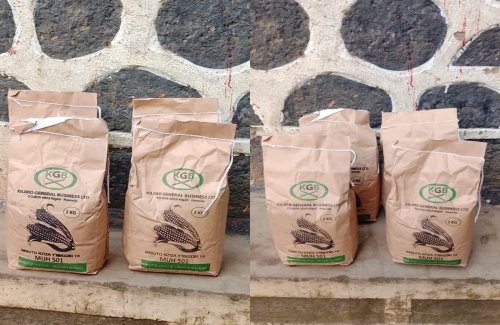RURA Announces New Electricity Tariffs to Ensure Sustainable Power Supply
The Rwanda Utilities Regulatory Authority (RURA) has revised the electricity end-user tariffs to align prices with real supply costs and guarantee the sustainability of electricity provision across the country. The new tariffs, which were last updated in 2020, were set after careful consideration of macroeconomic conditions and Rwanda’s electricity generation mix, with the goal of ensuring a reliable and affordable power supply in the long term
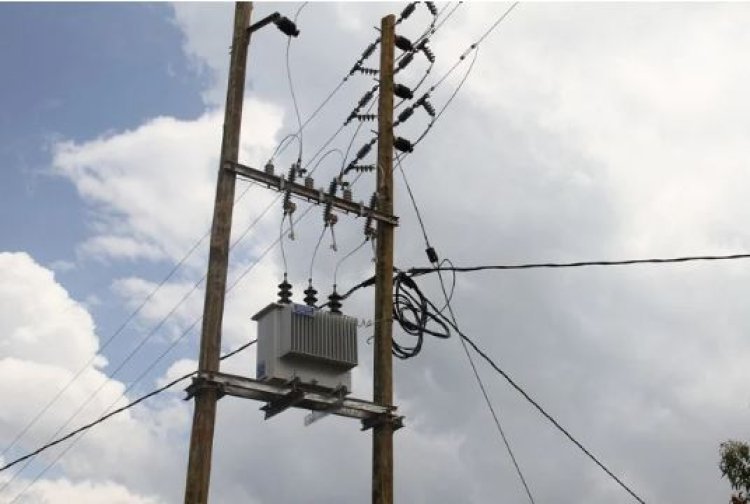
One of the key changes is the expansion of the first block for household consumption from 0–15 kWh to 0–20 kWh, while keeping the tariff unchanged at Frw 89 per kWh. This move is intended to support essential household consumption and encourage universal access to electricity for all Rwandans.
Social services such as health facilities, schools, and higher learning institutions have been given preferential tariffs to help reduce operating costs and strengthen service delivery. These institutions will now pay Frw 214 per kWh, a measure that RURA says will help improve access to quality education and healthcare.
Industries have also benefited from the new tariff structure, with small industries consuming between 5,000 and 100,000 kWh per year paying Frw 175 per kWh. Medium industries consuming more than 100,000 kWh and less than 1,000,000 kWh will pay Frw 133 per kWh, while large industries consuming above 1,000,000 kWh will pay Frw 110 per kWh. Steel, mining, and cement industries with annual consumption above 1,000,000 kWh will pay the lowest tariff at Frw 97 per kWh, keeping their operations competitive and encouraging further investment.
RURA emphasized that the new tariff framework also incentivizes shifting electricity use to off-peak hours to improve efficiency. In addition, it promotes investment in green infrastructure, including e-mobility charging stations, in line with Rwanda’s climate action commitments and economic development goals.

